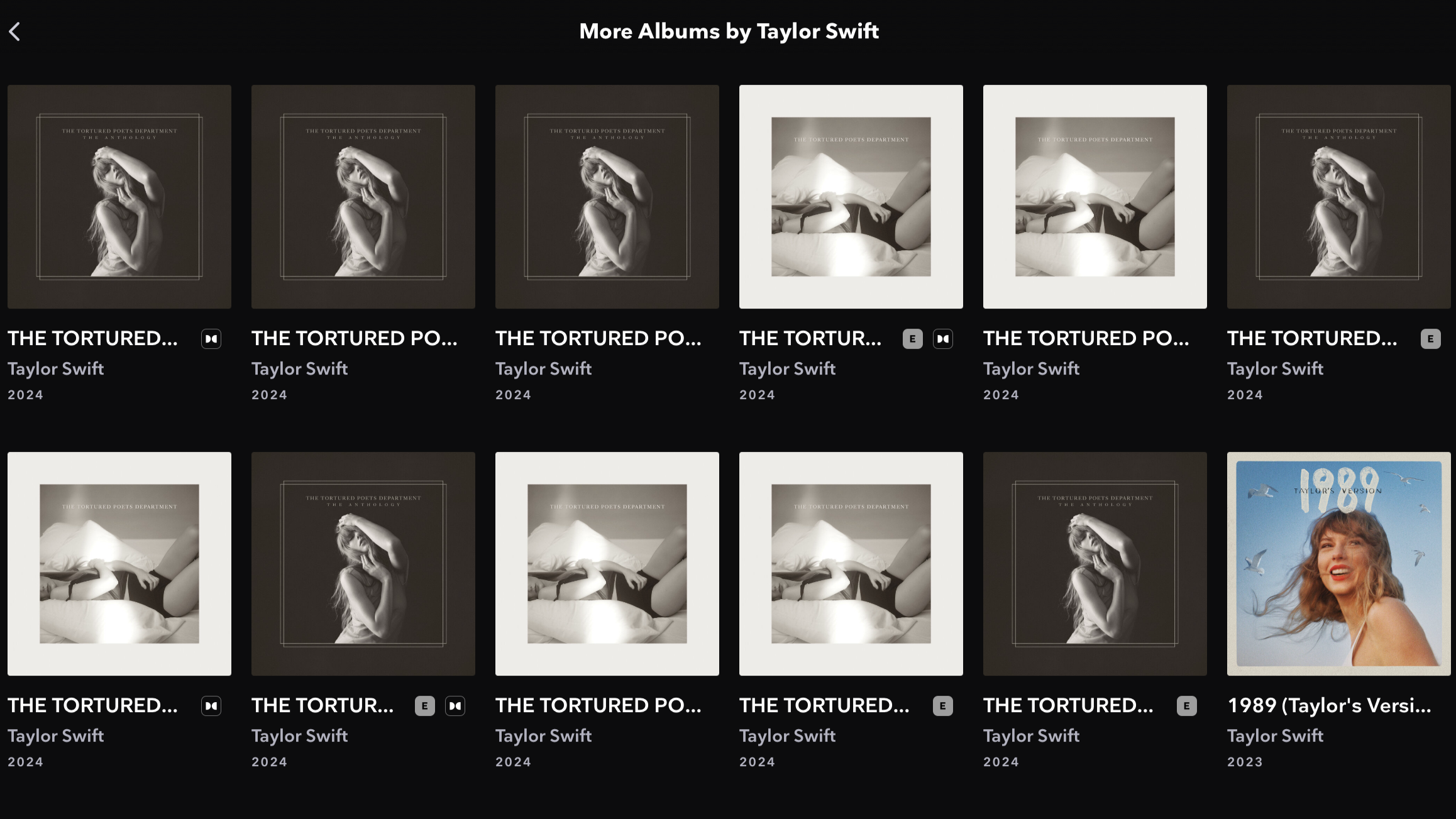Tidal scraps MQA and spatial audio format – here's what that means for subscribers
From July, 360 Reality Audio and MQA streams will no longer be available on the hi-res service

Tidal has announced it is replacing its MQA streams with FLAC versions, following its introduction of the FLAC format last spring to complement the existing MQA offering. It is also scrapping 360 Reality Audio tracks, sticking only with Dolby Atmos as its immersive audio format of choice. The changes will come into effect on 24th July.
Tidal emailed a subscribing What Hi-Fi? team member the following email yesterday evening:
"On July 24 2024, we’re replacing the music in TIDAL’s MQA catalog with FLAC versions. In addition to this change, we're removing all podcasts and music available in 360 Reality Audio."
So, no more MQA or 360 Reality Audio on Tidal. We can't say we are hugely surprised by the service's move. The days of it supporting MQA seemed numbered when it not only added FLAC but chose it as its "preferred format for high-resolution audio”. Earlier this week, Lenbrook (owner of PSB, NAD, Bluesound and, since September, MQA) announced it was joining forces with HDTracks to launch a new MQA-powered hi-res service to rival Tidal, Qobuz, Apple Music and Amazon Music. So MQA streaming does live on...
In a new supporting document explaining the upcoming changes, Tidal says it currently has at least 16-bit/44.1kbps FLAC versions for nearly all MQA tracks today but may not have a replacement for every single one when MQA does disappear. "We are working hard to ensure all existing MQA tracks will be replaced with a FLAC version in a timely manner," it reads.
Subscribers who have downloaded MQA tracks or albums for offline access will need to update their Tidal app to the latest version on 24th July and redownload the tracks in FLAC.
As for Sony's 360 Reality Audio format, Tidal clarifies in that same document that Dolby Atmos will be the only immersive format it supports "due to the number of compatible devices, catalog availability, and artist adoption of the format". When the changes occur in July, you will see the track or album greyed out and unavailable for streaming. Sony's 360 Reality Audio lives on in Amazon Music and Deezer.
Get the What Hi-Fi? Newsletter
The latest hi-fi, home cinema and tech news, reviews, buying advice and deals, direct to your inbox.
It's been all change for Tidal in the past year, with its FLAC introduction and tier simplification, but its landscape now seems settled: "We have no further plans to change our audio format offerings going forward, and we remain committed to providing our subscribers with exceptional audio quality."

In April, Tidal simplified its subscription tiers and lowered its pricing, offering its £20/$20-per-month 'HiFi Plus' subscription for a cheaper, Spotify-matching £11/$11 price plan. The streaming service may now be taking away support for two technologies, which will no doubt disappoint streamers in the MQA camp, but it still offers the more popular and accessible alternatives to both – hi-res FLAC and Dolby Atmos spatial audio – and in my opinion still offers the most competitive hi-res streaming package for audiophiles. Will Lenbrook's forthcoming service disrupt the scene? That remains to be seen.
MORE:
There's a new streaming service aimed at audiophiles from the people behind MQA
At last! Lenbrook Group unveils its plans for the future of MQA lossless streaming
Hi-res music streaming services compared: which should you subscribe to?
Becky is the managing editor of What Hi-Fi? and, since her recent move to Melbourne, also the editor of the brand's sister magazines Down Under – Australian Hi-Fi and Audio Esoterica. During her 11+ years in the hi-fi industry, she has reviewed all manner of audio gear, from budget amplifiers to high-end speakers, and particularly specialises in headphones and head-fi devices. In her spare time, Becky can often be found running, watching Liverpool FC and horror movies, and hunting for gluten-free cake.
-
JR75 This is disappointing. With hardware decoding of MQA files, music sounds much better than FLAC files. I will have to see what HDTracks eventually comes out with. They have no where near the content of Tidal, but if they amp that up and have MQA, I will probably dump Tidal.Reply -
Matthias M Really disappointing!!!Reply
Tidal just replaced all MQA files by CD quality. I really liked the sound of MQA. It was better than CD in my opinion.
Now, all the goodies in MQA are gone: Depeche Mode, Vangelis, Phil Collins, Genesis, etc. At least, Tidal could have replaced those by HiRes files, not only CD. CD is just not good enough! Then, I might as well use Spotify Hifi... -
supaplex Good riddance. MQA was a horribly user-hostile format whose DRM integration makes it unplayable on all standard DACs without serious degradation.Reply -
MishaHiFi Good move ! Better with CD lossless (FLAC) than with Hi-Res lossy (crappy MQA) !Reply
And when Hi-Res lossless will be available for all those replaced files it will be even better.
In my opinion, in a true Hi-Fi system lossy formats have no place.
